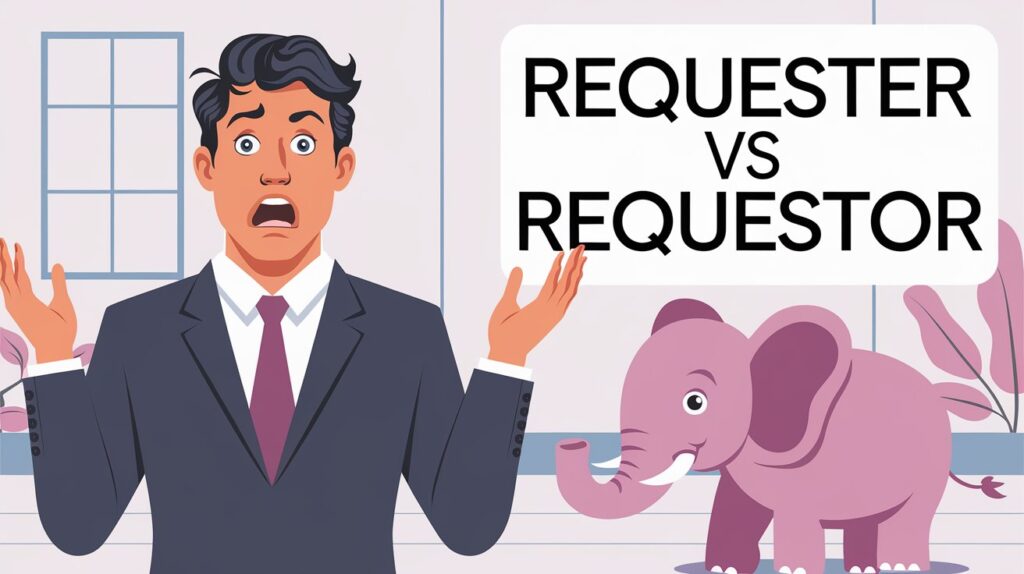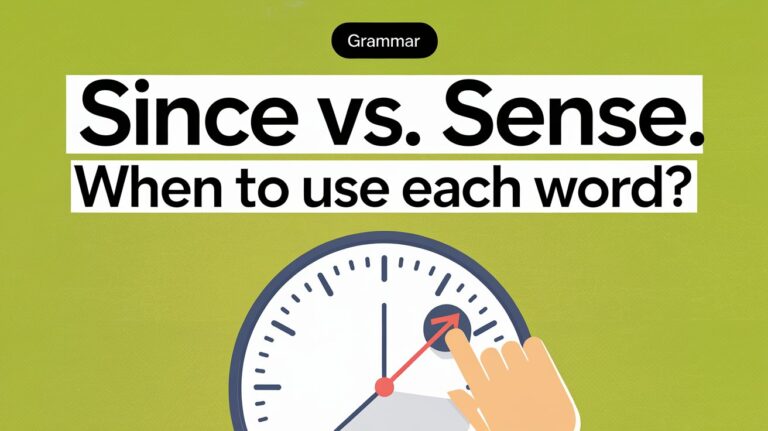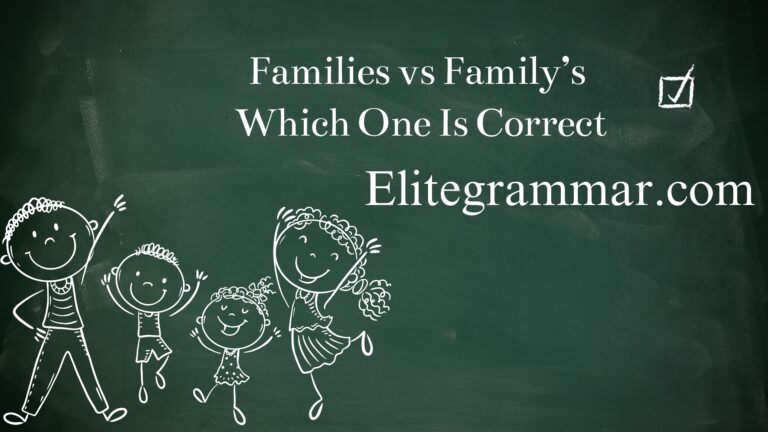Requester vs Requestor: Which Spelling is Correct?
Have you ever wondered how you spell requestor or is it Requester vs Requestor? Everyone is uncertain about these words and questions like, what is a requestor or who is the requestor? Despite the use of both terms, they are not always interchangeable. Here in this article, we will tell you the requester meaning, contrast requester and requestor, and define when you should use requester or requestor. We’ll break it down for you if you want to know the meaning of requestor, how to spell requestor, or whether you should use requesters or requestors. After you have completed it, you will be aware of the distinction between requester and requestor and which one should be utilized in various situations.
“Requester” vs “Requestor”

Requester
is an individual or organization that makes a request. In both American and British English, this spelling is used the most. In casual, professional, and legal settings, it is widely accepted. The individual who requests information, services, or approvals, for instance, is typically referred to as a requester in both business and everyday settings.
Requestor.
A requester is also a person who issues a request, but this is less frequently spelled than requester. Although both terms share the same general definition, requestor is generally employed in technical areas like law, finance, and technology. It may be seen as slightly more formal or technical by some.
What do “Requester” and “Requestor” Mean?
Both requester and requestor refer to someone or something that makes a request, but they differ in usage and frequency.
- Requester: This is the more common spelling and is widely used in everyday language, business, and formal writing. It refers to a person or entity that asks for something, such as services, information, or approvals. Example: The requester submitted a form for a refund.
- Requestor: This spelling is less common and is mainly used in specific fields like law, finance, and technology. Some consider it more formal or technical. Example: The requestor of the financial report must provide proper authorization.
Requester
- Person making a request
- One who submits a formal request
- Accepted in american and british English
- Someone who asks for something
- An individual or organization making an official request
- Common in everyday use.
- A party initiating a process or transaction
- A person seeking information or services
Requestor
- A person or entity making a formal request
- Someone initiating an official process
- A system or program that sends a request in IT
- A legal or business entity requesting approval or action
- A term used in contracts or formal documents for the requesting party
- A specialized term in government or finance for an applicant
- A legal term referring to someone submitting a claim
- A party in a business transaction making a request
What Does Requestor Mean?
A requestor is someone or something that makes a request, but it is a less common variant of requester. The term is mainly used in specialized fields such as law, finance, and technology.
Meaning of Requestor:
- A person or entity making a formal request (The requestor submitted a legal petition.)
- A party seeking authorization or approval (The requestor must provide necessary documentation before proceeding.)
- A system, software, or application sending a request in IT (The requestor program sent data to the server.)
- A legal or financial term referring to the requesting party (The requestor of the contract amendments needs to submit supporting evidence.)
Requester vs. Requestor: Key Differences
Both requester and requestor refer to someone or something that makes a request, but they differ in usage and preference.
| Feature | Requester | Requestor |
| Common Usage | Most widely used in everyday, business, and formal contexts. | Less common; primarily used in specialized fields like law, finance, and IT. |
| Spelling Preference | Preferred spelling in both American and British English. | Used mainly in specific industries, sometimes perceived as more formal. |
| Examples | The requester asked for a refund. | The requestor filed a legal document. |
| Industry Usage | General use in business, customer service, and approvals. | More common in legal, financial, and IT contexts. |
| Perceived Formality | Neutral and widely accepted. | Sometimes considered more technical or formal. |
Key Takeaway:
Use requester in most situations since it is the standard spelling. Use requestor only if required by industry-specific terminology, such as in legal or technical documents.
Requester vs Requestor Preference in American English
In American English, requester is the preferred and more commonly used spelling. It is widely accepted in everyday language, business, and formal writing. Requestor, while not incorrect, is far less common and is mainly used in specific industries such as law, finance, and technology.

Preference Breakdown:
- Requester:(Standard in American English)
- Used in general communication, business, and government documents.
- Example: The requester submitted a refund request.
- Requestor: (Less common, specialized use)
- Found in legal, financial, and IT contexts.
- Example: The requestor of the contract modification must provide supporting documents.
Note:
If you’re writing in American English, requester is almost always the better choice unless you’re working in a specialized field where requestor is the industry standard.
Synonyms of the Word “Requester”
| General Synonyms | In Professional Contexts | In Formal Contexts | Technical Fields |
| Inquirer | Customer | Plaintiff | User |
| Seeker | Bidder | Supplicant | Sender |
| Petitioner | Prospective Buyer | Proposer | Initiator |
| Applicant | Submitter | Complainant | Caller |
| Asker | Client | Claimant | Request Handler |
| Enquirer | Investor | Advocate | Query Processor |
| Candidate | Vendor | Litigant | Data Requester |
| Solicitor | Purchaser | Entreator | API Consumer |
| Request Maker | Contractor | Declarant | System Requestor |
| Information Seeker | Service User | Pleader | Transaction Sender |
Origins of the Words “Requester” vs. “Requestor”
Both requester and requestor originate from the verb “to request,” which comes from the Latin term requaerere, meaning to ask or seek.
The word “requester” originates from the Latin term requaerere, meaning to ask or seek. As the language evolved, requaerere transitioned into Old French as requeste, embodying the essence of inquiry and reflecting humanity’s natural tendency to seek information and assistance. Over time, it entered Middle English, solidifying its place in the language as the widely accepted term for someone who makes a request.
The English language embraced the term requeste and appended the suffix -er, giving rise to "requester" a word that distinctly signifies someone who makes a request.
“Requestor” also originates from requaerere and retains the Latin agent noun suffix -or, which denotes someone who performs an action. While it shares the same fundamental meaning as “requester,” over time, it has evolved into a more specialized term, primarily used in legal, financial, and technical contexts, where it is often the preferred choice.
Note:
The suffix "-er" in "requester" reflects the Germanic influence on English, whereas the "-or" in "requestor" stems from Latin roots. This dual linguistic heritage plays a key role in the ongoing debate over their preferred usage.
Examples of Requester or Requestor in Context
Requester
- General Use: The requester submitted a refund request for the faulty product.
- Business & Corporate: Before approving the budget, the finance team reviewed the requester’s proposal.
- Customer Support: The support team provided the requested details to the requester within 24 hours.
- Education: The professor provided additional resources to the requester who needed more clarification.
- Human Resources: The HR department ensured that the requester’s leave application was processed on time.
- Government Services: A requester must provide valid identification when applying for public records.
- E-commerce & Online Services: The system notifies the requester once their order has been shipped.
Requestor
- Legal Context: The requestor submitted a formal petition for case reconsideration.
- Banking & Finance: Before disbursing funds, the bank verified the requestor’s identity and transaction details.
- Healthcare & Medical Fields: The requestor of the test results must sign a consent form before receiving any information.
- IT & Cybersecurity: The system administrator approved the requestor’s access to the secure database.
- Procurement & Supply Chain: The purchase requestor must specify the quantity and purpose of the requested items.
- Engineering & Manufacturing: The requestor submitted a design change request for approval before production began.
- Military & Defense: The requestor of classified information must have proper security clearance.

Key Takeaway:
- “Requester” is the preferred term for everyday, business, and government-related requests.
- “Requestor” is mainly used in law, finance, IT, healthcare, and other specialized fields where formal documentation is involved.
Conclusion
The words “requester” and “requestor” share the same root meaning someone who makes a request but differ in usage and preference. “Requester” is the dominant and widely accepted term in general, business, and professional communication, while “requestor” is a specialized term often found in legal, financial, and technical fields.
Understanding the distinction between these terms helps ensure correct and appropriate usage in different contexts. When in doubt, “requester” remains the safer and more universally recognized choice.
If you want to explore whole site Click Here
What is the Requester vs Requestor?
Requester vs. Requestor: Both words mean someone who makes a request, but “requester” is the standard and widely used term in general and professional contexts, while “requestor” is mainly used in legal, financial, and technical fields.
How do you spell “requestor”?
“Requestor” is a valid spelling but is less commonly used than “requester.” It is primarily found in legal, financial, and technical contexts.
What is the difference between requester and requestor?
Both words mean someone who makes a request. However, “requester” is the preferred and widely used term in general and professional communication, while “requestor” is mainly used in specialized fields like law, finance, and IT.
Is it “requester” or “requestor”?
“Requester” is the more common and accepted spelling in both American and British English. “Requestor” is less frequent and typically appears in formal or industry-specific documents.
What does “requestor” mean?
A “requestor” is someone who makes a request, similar to “requester.” However, it is mostly used in legal, financial, and technical industries.
Who is the requester?
A requester is a person or entity that asks for something, such as information, services, or approvals, in business, customer service, or everyday situations.
Are “requesters” and “requestors” interchangeable?
While they share the same fundamental meaning, “requester” is the standard term, and “requestor” is typically reserved for specialized contexts. In most cases, “requester” is the better choice.















